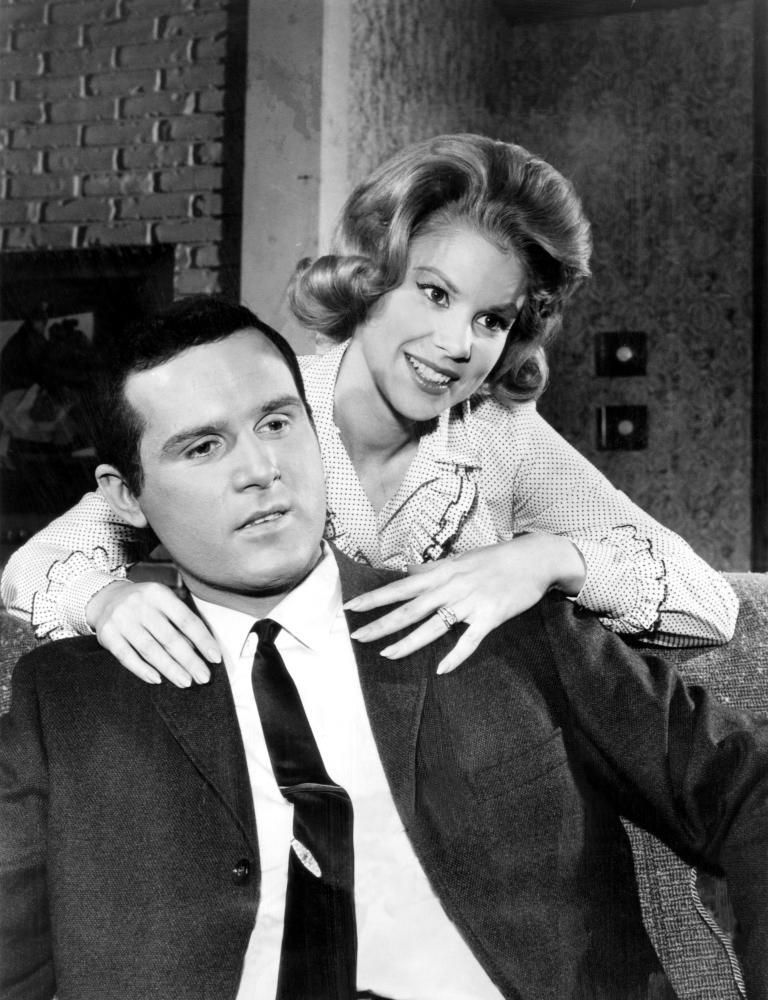Few actors could make audiences laugh and think at the same time quite like Charles Grodin. With his signature blend of dry humor, quiet exasperation, and subtle charm, Grodin carved out a truly unique place in Hollywood. Born on April 21, 1935, in Pittsburgh, Pennsylvania, and passing away on May 18, 2021, at age 86, his seven-decade career was a testament to sharp intelligence and effortless comic timing.

A Career Built on Subtlety and Precision
Charles Grodin’s journey began on stage and in smaller film roles before his breakout performance in The Heartbreak Kid (1972), directed by Elaine May. His portrayal of a self-absorbed newlywed was both hilarious and painfully human — a perfect example of his ability to balance comedy with quiet truth. The role earned him widespread acclaim and established him as one of the most distinctive comedic voices of the 1970s.
He continued to shine in a string of memorable performances: as the put-upon everyman opposite Robert De Niro in Midnight Run (1988), the loving yet perpetually overwhelmed dad in Beethoven (1992), and the charming talk show guest whose perfectly timed dryness became legendary. Grodin had the rare ability to turn discomfort into art — to make silence, sighs, and awkward pauses as funny as punchlines.
Beyond the Screen
Outside of film and television, Grodin was an accomplished writer, authoring several witty and reflective books about fame, family, and the absurdities of show business. Later in life, he took a break from acting to focus on writing, political commentary, and humanitarian efforts, particularly criminal justice reform — showing that his compassion was as genuine as his humor.
He also became a beloved television personality, frequently appearing on The Tonight Show Starring Johnny Carson and Late Show with David Letterman, where his sharp banter and faux-grumpy demeanor made him an audience favorite.
A Legacy of Wit and Warmth
Charles Grodin’s passing marked the loss of a truly singular performer — a man who didn’t rely on flash or exaggeration but instead found humor in the smallest moments of truth. His work remains timeless, resonating with anyone who has ever felt the chaos of life’s absurdities and learned to laugh through them.
He leaves behind a legacy not just of films, but of a particular comedic honesty — one that reminds us that laughter doesn’t always have to be loud to be lasting.
As Grodin once said in his signature, self-effacing style: “I don’t think of myself as funny. I think of myself as honest.”
And that honesty, more than anything, is what made him unforgettable.
